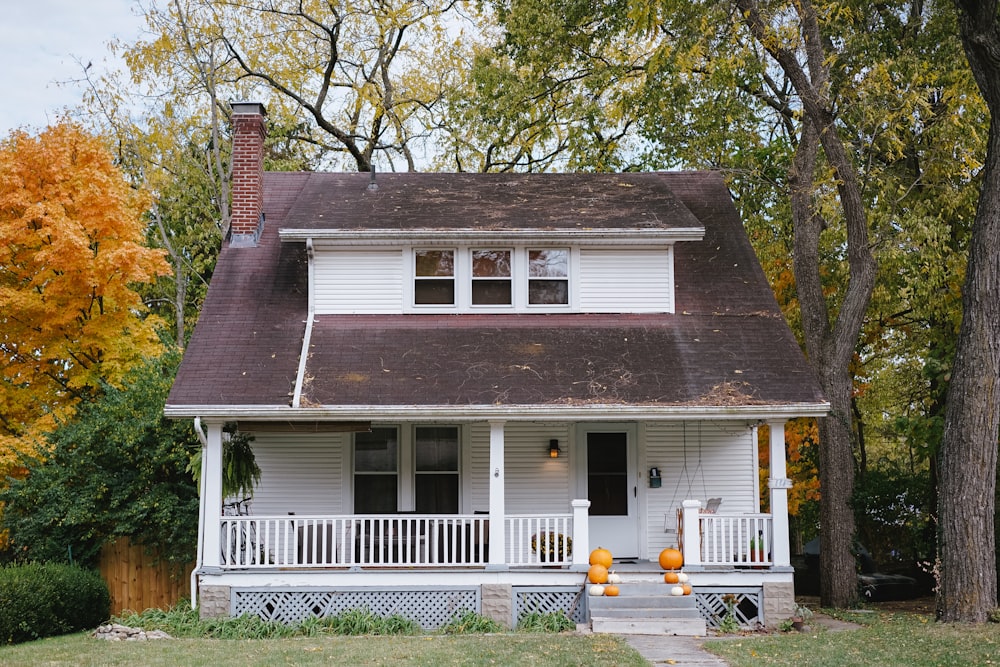Introduction
Embarking on house repairs can be a daunting task, especially when it comes to budgeting for the costs involved. In this guide, we’ll explore some essential tips for financial planning to help you navigate the process of budgeting for house repair costs.
Assessing the Scope of Repairs
Before diving into financial planning, it’s crucial to assess the scope of repairs needed for your home. Take the time to conduct a thorough inspection, identifying any areas that require attention. Prioritize repairs based on urgency and importance, separating essential repairs from cosmetic upgrades.
Researching Cost Estimates
Once you have a clear understanding of the repairs needed, research cost estimates for each project. Reach out to contractors and obtain quotes for materials and labor. Consider getting multiple quotes to ensure accuracy and compare prices. Factor in additional expenses such as permits, taxes, and unexpected contingencies when budgeting.
Creating a Detailed Budget
With cost estimates in hand, create a detailed budget outlining the expenses associated with each repair project. Be sure to allocate funds for materials, labor, permits, and any other relevant expenses. Include a contingency fund to cover unexpected costs or project overruns. Having a clear budget in place will help you stay organized and on track financially.
Prioritizing Essential Repairs
When budgeting for house repair costs, prioritize essential repairs that affect the safety and integrity of your home. Address issues such as roof leaks, structural damage, electrical problems, and plumbing issues first. Delay cosmetic upgrades or non-essential repairs until you have sufficient funds available.
Exploring Financing Options
If you’re unable to cover the cost of repairs out of pocket, explore financing options to help fund your projects. Consider options such as home equity loans, personal loans, or lines of credit. Research interest rates, terms, and repayment options to find the best financing solution for your needs.
Setting Realistic Goals
When budgeting for house repair costs, it’s essential to set realistic goals based on your financial situation. Be honest about what you can afford and avoid overextending yourself financially. Set achievable milestones and timelines for completing repair projects, taking into account your budget constraints and other financial obligations.
Saving and Budgeting Wisely
To prepare for future house repair costs, establish a savings plan and budget wisely. Set aside a portion of your income each month dedicated to home maintenance and repairs. Consider automating savings contributions to ensure consistency. Cut back on discretionary spending and prioritize saving for future repair projects.
Building an Emergency Fund
In addition to saving for planned house repairs, it’s essential to build an emergency fund to cover unexpected expenses. Aim to set aside three to six months’ worth of living expenses in a dedicated emergency fund. Having a financial safety net in place will provide peace of mind and help you weather unexpected financial challenges.
Seeking Professional Advice
If you’re unsure how to budget for house repair costs or navigate the financial aspects of home maintenance, consider seeking professional advice. Consult with a financial advisor or housing counselor who can provide personalized guidance and support based on your unique situation.
Conclusion
Budgeting for house repair costs requires careful planning, research, and financial discipline. By assessing the scope of repairs, researching cost estimates, creating a detailed budget, prioritizing essential repairs, exploring financing options, setting realistic goals, saving and budgeting wisely, building an emergency fund, and seeking professional advice, you can effectively manage your finances and tackle house repairs with confidence. Read more about house repair cost

